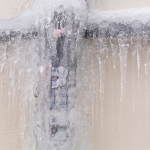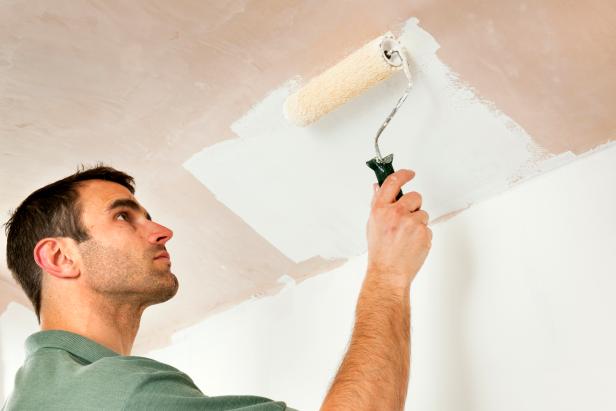Filing a homeowners insurance claim after a fire should offer relief, not added stress. Yet for many policyholders, getting a fair and timely payout turns into an uphill battle. Delays, denials, or drastically undervalued settlements are not uncommon. When that happens, understanding your rights and knowing when to seek legal support is essential.
This article explores the common reasons fire insurance claims get delayed or denied, what steps policyholders can take, and when it may be wise to consult a Fire Insurance Lawyer.

Content
Understanding the Fire Damage Insurance Claim Process
After a fire, most homeowners contact their insurance provider to begin the claims process. This typically involves:
- Notifying the insurer about the fire
- Completing documentation about the cause and extent of damage
- Allowing an adjuster to inspect the property
- Providing proof of loss for personal property
- Waiting for the claim to be reviewed, adjusted, and paid
While straightforward in theory, this process can become complicated. Disputes often arise regarding the scope of coverage, the value of damaged property, or compliance with policy conditions.
Common Reasons Fire Insurance Claims Are Delayed or Denied
Even when policyholders act in good faith, insurers may not. Some common issues include:
1. Disputes Over Cause of Fire
If the insurer suspects arson, negligence, or other causes not covered under the policy, they may delay the claim for investigation. In some cases, coverage may be denied altogether.
2. Incomplete Documentation
Claims that lack clear evidence—such as receipts, photos, or estimates—can stall the process. Insurers may request additional information, which can delay approval.
3. Underestimation of Losses
Insurers may undervalue the cost of repairs or replacement items, especially with older homes or unique property. Homeowners may feel pressured to accept a low settlement.
4. Policy Exclusions and Fine Print
Certain types of fire damage (e.g., from wildfires or faulty wiring) may fall into gray areas of policy language. Understanding what’s truly covered is crucial, but not always easy without legal interpretation.
Your Rights as a Policyholder
Insurance companies are legally obligated to operate in good faith. That means they must:
- Respond to claims promptly
- Conduct reasonable investigations
- Offer fair settlement amounts
- Not delay payment without cause
If these standards are not met, policyholders have the right to dispute decisions, file appeals, and—in some cases—take legal action.
When to Consider Legal Support
A lawyer’s role is not always about filing lawsuits. In many cases, they assist by guiding homeowners through the claims process, ensuring proper documentation, and holding insurers accountable to policy terms.
You may benefit from consulting an attorney if:
- Your claim has been denied without a clear explanation
- You believe the damage assessment is too low
- The insurer is not responding or is unreasonably delaying action
- You’re being accused of policy violations you didn’t commit
- The fire involved complex damages, such as structural issues or business loss
Attorneys who specialize in property insurance disputes—particularly those familiar with fire claims—can offer guidance tailored to your situation.
Types of Lawyers Who Handle Fire-Related Property Claims
Not every attorney handles property insurance matters. Those who do may work under various titles, such as:
- Fire insurance claim lawyer
- Homeowners insurance claim attorney
- Property damage lawyer
- Residential property damage attorney
- Commercial property insurance attorney (for business claims)
Some attorneys also handle related damage, such as storm or wildfire claims, which can be important if fire was only one part of the event.
Costs and Legal Fees
One common concern is the cost of legal representation. Many property insurance attorneys work on a contingency fee basis, meaning they only get paid if you recover compensation. Others may offer hourly rates or flat fees, especially for consultation or document review.
It’s important to ask upfront about fee structures and get a clear agreement in writing.
What You Can Do First Without a Lawyer
While legal support is often helpful, homeowners can take several steps independently:
- Document everything: Take photos and videos of all damage before cleanup
- Save receipts: Keep records of all expenses related to repairs, lodging, and supplies
- Request copies of your policy, inspection reports, and correspondence
- Communicate in writing: Keep email or written records of all interactions with your insurer
- Get independent estimates: If you disagree with the insurer’s valuation, consult a licensed contractor
These steps will strengthen your position whether you continue managing the claim yourself or later seek legal help.
Conclusion
Filing a fire damage insurance claim should provide protection and peace of mind—but that’s not always the reality. If your claim is stalled or denied, you have options. A knowledgeable attorney can help you understand your rights, interpret policy language, and take action to secure a fair settlement.
Understanding the claims process—and when to seek legal guidance—is the first step toward recovering what you’ve lost and moving forward after a fire.

My name is Gwen Elmore. I post about home improvement ideas and how to make your home look beautiful and liveable. I hope my posts will help you with your DIY projects!








